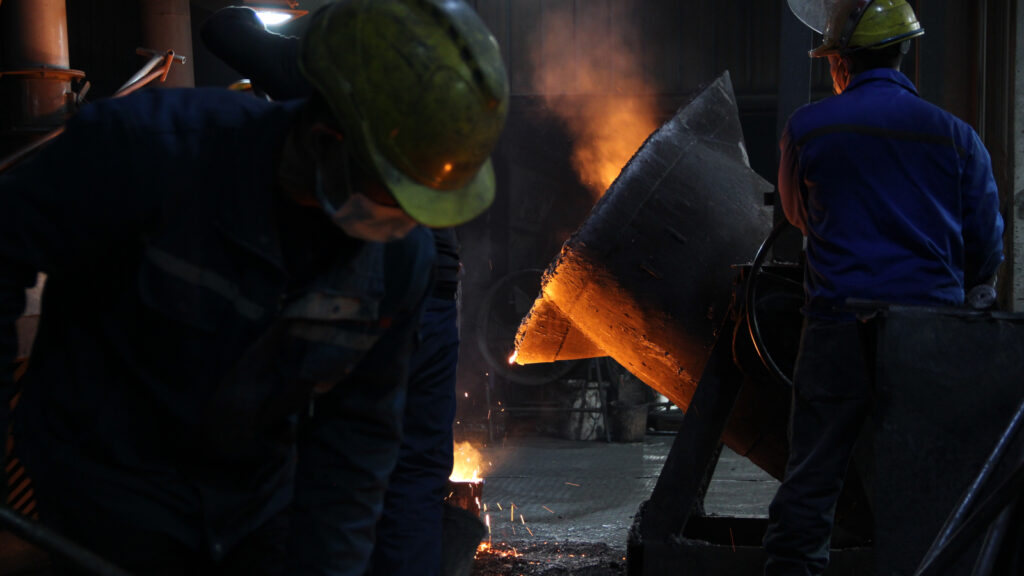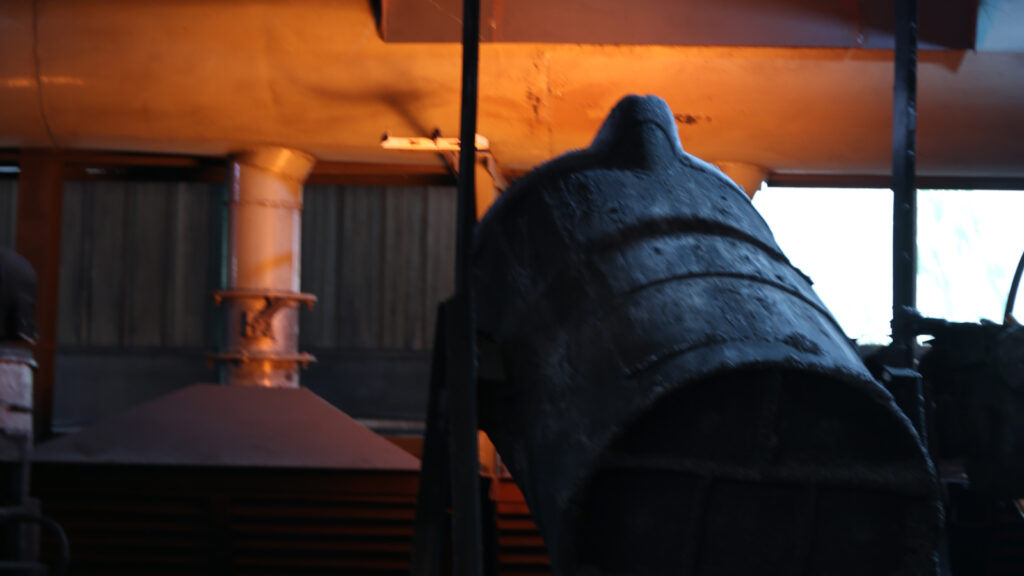CNC machining has become one of the most essential manufacturing processes in the modern world. From prototype development to full-scale production, it offers unmatched precision, consistency, and speed. In this guide, we’ll explore what CNC machining is, how it works, the different types, and the industries that rely on it.
What Is CNC Machining?
CNC machining stands for Computer Numerical Control machining. It’s a subtractive manufacturing process where pre-programmed computer software controls the movement of factory tools and machinery. These tools can include drills, lathes, mills, and routers, which shape and cut raw material—usually metal or plastic—into finished parts.
Unlike manual machining, CNC allows for highly automated and repeatable production, even for complex geometries and tight tolerances. Once programmed, CNC machines can run 24/7 with minimal supervision, making them ideal for both prototyping and large production runs.

How CNC Machining Works
The CNC machining process begins with a digital design, usually created using CAD (Computer-Aided Design) software. This model is then converted into a CNC program, often written in G-code, which contains precise instructions for cutting paths, speeds, tool changes, and more.
Once the code is uploaded to the machine, the operator sets up the raw material (called a “workpiece”) and installs the appropriate tools. The CNC machine then executes the programmed instructions, automatically moving the cutting tools along multiple axes to remove material and create the desired shape.
CNC machining can work on a wide range of materials—including aluminum, steel, brass, titanium, and engineering plastics—with exceptional precision and speed.
Types of CNC Machining Processes
There are several types of CNC machining, each suited to different kinds of workpieces and design needs.
CNC milling. CNC milling uses rotating cutting tools to remove material from a stationary workpiece. It’s highly versatile and capable of producing complex 2D and 3D shapes. Milling machines typically operate on 3 to 5 axes.
In CNC turning, the workpiece rotates while a stationary cutting tool shapes the material. This method is perfect for cylindrical or round parts like shafts, bushings, and threaded components.
CNC Drilling. CNC drilling uses computer-guided drill bits to create precise holes in the material. It’s commonly used for parts that require high-accuracy hole placement.

Materials Used in CNC Machining
CNC machining supports a wide variety of materials, depending on the application.
Metals like aluminum, stainless steel, brass, and titanium are common due to their strength and machinability. Plastics such as ABS, nylon, POM (Delrin), and PTFE are also widely used, especially in industries that require lightweight, non-conductive components.
The flexibility to work with different materials makes CNC machining suitable for everything from aerospace-grade alloys to affordable plastics for consumer products.
Applications of CNC Machining
CNC machining is used across nearly every manufacturing sector due to its speed, precision, and adaptability.
Automotive Industry. CNC machining produces critical components like engine blocks, gearboxes, brackets, and housings with tight tolerances and reliable repeatability.
Aerospace. The aerospace sector depends on CNC machining for lightweight, high-strength parts used in aircraft frames, turbines, and navigation systems.
Medical Equipment. CNC machines manufacture complex, sterile, and highly accurate medical components such as implants, surgical tools, and prosthetics.
Industrial Machinery. Gears, bushings, machine frames, and custom tools are often CNC machined to meet exact performance standards.
Electronics. Enclosures, connectors, and precision-fitted plastic or metal parts in electronics and appliances are made with CNC machines.
Why CNC Machining?
CNC machining is a powerful technology that continues to shape the future of manufacturing. Whether you need a single prototype or thousands of production parts, it offers precision, flexibility, and scalability that few other processes can match.
If you’re looking for high-quality CNC machining services from a trusted manufacturer, contact us today to get a quote or learn more about our capabilities.
We’ve spent decades building parts — and even longer building trust. Thousands of projects. Decades of know-how. Tons of capacity. We don’t just make metal parts — we make things work, and we’ve been doing it for over 25 years.




